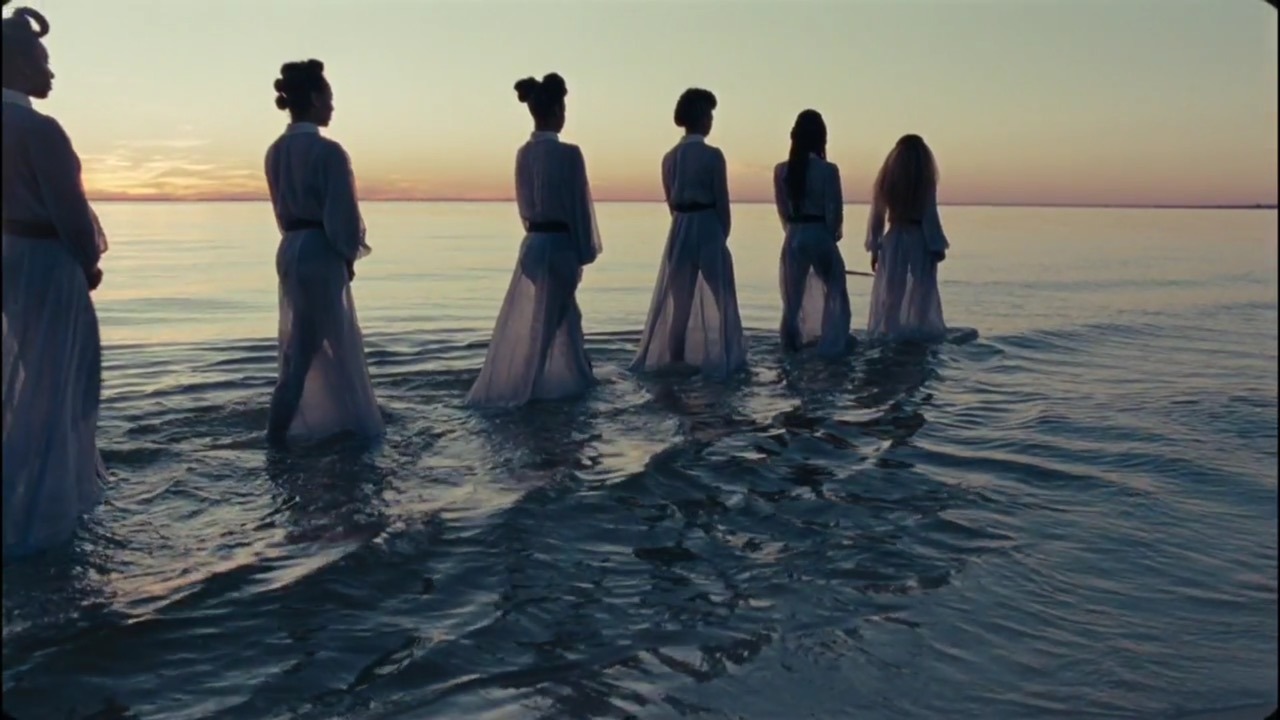Throughout the work of Harriet Jacobs in “Incidents in the Life of a Slave Girl”, we see described suffering and horribleness that we would not imagine in our current lives, such terror bound to those without the meaning of escaping it. Or at least, not without pain. Pain seems like a currency, but without seeing the bill how do you when is it enough, or what your reward is. And so another day is lived in suffering, fit to change for the worse rather than the better.
And escape is often bittersweet.
“Yet when victims make their escape from the wild beast of Slavery, northerners consent to act the part of bloodhounds, and hunt the poor fugitive back into his den, “full of dead men’s bones, and all uncleanness.” (Jacobs Chapter VI The Jealous Mistress)
, an accurate description of a fate of the book’s protagonists’ friend, Benjamin, who while managing to flee towards New York by sea is apprehended on the way and despite his best efforts, returned.
And it is always the failed escapees whose stories are told, it is never the ones who disappear to never be an item of exchange who are discussed (at least not in public), for that isn’t something you need when you need your slaves afraid of even the thought of escaping.
On the other hand, there is the other escape. The final, painful escape from which there is no returning but there is no suffering no heartbreak no discomfort, just nothing. Death, with all its itchy bedsheets which may feel like the softest cotton with the sting of a whip that layed you low still on your memory.
On that note, here is one such escape,
“From others than the master persecution also comes in such cases. I once saw a young slave girl dying soon after the birth of a child nearly white. In her agony she cried out, “O Lord, come and take me!” Her mistress stood by, and mocked at her like an incarnate fiend. “You suffer, do you?” she exclaimed. “I am glad of it. You deserve it all, and more too.”
The girl’s mother said, “The baby is dead, thank God; and I hope my poor child will soon be in heaven, too.”
“Heaven!” retorted the mistress. “There is no such place for the like of her and her bastard.”
The poor mother turned away, sobbing. Her dying daughter called her, feebly, and as she bent over her, I heard her say, “Don’t grieve so, mother; God knows all about it; and HE will have mercy upon me.”
Her sufferings, afterwards, became so intense, that her mistress felt unable to stay; but when she left the room, the scornful smile was still on her lips. Seven children called her mother. The poor black woman had but the one child, whose eyes she saw closing in death, while she thanked God for taking her away from the greater bitterness of life.” (Jacobs Chapter II The New Master and Mistress)
This is nothing if not a painful but peaceful, maybe, description of death taking a young girl away from a life of pain, along with the child she didn’t leave without a mother, for it went with her unto heavenly embrace. And so many others left like this. Many other uncountable souls left, no longer needing to bear their beating hearts any longer, no longer needing to get up and suffer another day.
One such example of escape is not much from within the enslaved, but from being enslaved. And it came to me from a Beyonce song. Specifically, “Love Drought” from her album Lemonade, an album of hers released in 2016. That album was accompanied by a film and visual album of the same name, depicted in the music videos of said album. And the contents of that combination are described as a “a revolutionary work of Black feminism” by Billboard. This album (and the film and visual album) was shown to me at the end of an English Class a few semesters ago, and it struck me as magical, inspiring, and powerful above all. (Highly recommend y’all listen to it, btw, and catch the music videos too.) Anyway back to “Love Drought”.
In that video is an allusion to the mass suicide of captured Africans at Igbo Landing. The story goes that,
“In May 1803, the Igbo and other West African captives arrived in Savannah, Georgia, on the slave ship the Wanderer. They were purchased for an average of $100 each by slave merchants John Couper and Thomas Spalding to be resold to plantations on nearby St. Simons Island. The chained slaves were packed under deck of a coastal vessel, the York, which would take them to St. Simons. During the voyage, approximately 75 Igbo slaves rose in rebellion, took control of the ship, drowned their captors, and in the process caused the grounding of the ship in Dunbar Creek.”
After which the now free Africans marched to shore, joining their high chief in song before walking into and drowning themselves in the waters of Dunbar Creek, willing to die rather than be enslaved. While the exact number who did this is unknown it is still a symbol of resistance against slavery. But they escaped. And they were free. And their legend would live on in local African American Folklore.
Beyonce’s song depicts this in ethereal beauty and a bunch of other things I struggle to describe.
This and many other such escapes occurred over the centuries of slavery. And all the bloodshed, all the protests, all the movements, all the change is a tide that in its wake made sure such escaping would not need to happen again.
Igbo Landing Mass Suicide (1803) • (blackpast.org)
Beyoncé – Love Drought – YouTube

Visual mirroring the march into the waters. To freedom in death, from a life in chains.


